Suspected US-backed Daesh terrorists kill 3 soldiers in northern Iraq
Suspected US-backed Daesh (ISIS) terrorists have killed three Iraqi soldiers and wounded four more in an attack near the country’s northern oil-rich city of Kirkuk after Iraqi forces recently inflicted heavy blows on the group’s hideouts in the area.
The terrorists launched the ambush attack on Sunday against Iraqi army barracks in Wadi al-Naft, about 25 kilometers west of Kirkuk, said a local military official cited in an AFP report.
“Three soldiers, including two officers, were killed, and four other soldiers were wounded,” said the official, who spoke on condition of anonymity.
Although no group has yet claimed responsibility for the deadly assault, the Iraqi army described it in a statement as an apparent response to the “painful strikes and qualitative operations carried out by our heroic armed forces” that inflicted “heavy losses on Daesh gangs and killed a large group of their leaders.”
The notorious Daesh terrorists – originally trained by US-led military officers before breaking away from a massive militant force that began a terror campaign in 2011 to topple the Syrian government – also started a major terror campaign across Iraq in 2014, overrunning vast swathes in lightning attacks while brutally massacring a large number Iraqi civilians and military cadets.
The massive intrusion of Daesh terrorists across Iraq came as the US military remained in total control of Iraqi air space and maintained numerous military bases and a sizable number of troops and officers in the country that purportedly operated as advisers and trainers.
Iraq declared victory over the terrorist group in December 2017 after waging a desperate three-year counter-terrorism military campaign, in which the Popular Mobilization Units (PMU) -- a militia organization composed of various Iraqi resistance groups referred to in Arabic as Hashd al-Sha’abi -- played a major role.
Iranian military advisers -- led by the late top commander, General Qassem Suleimani, who was assassinated, along with fellow Iraqi and Iranian officers, by US military forces in a terrorist drone attack – also played a key role in training the Iraqi mobilization forces and planning operations against the Daesh terrorists.
General Soleimani, best known for his key role in mustering an effective military and militia forces to beat back the foreign-backed terror campaign in Syria and Iraq, also served as the commander of Iran’s elite Quds force and was widely believed to be the top assassination target of the US and the Israeli regime.
The remnants of the Daesh terror group have, however, continued waging sporadic attacks across Iraq, attempting to regroup and unleash fresh violence in the Arab country.
The Takfiri terrorist group has managed to intensify its attacks in Iraq, particularly since January 2020, following the US terror assassination of General Soleimani and PMU’s deputy commander Abu Mahdi al-Muhandis in a drone strike near Baghdad International Airport.
Anti-US sentiments sharply surged across Iraq in the aftermath of the terrorist act, prompting Iraqi lawmakers to pass a bill – only two days after the assassination – that required the Baghdad government to end the presence of all foreign military forces led by Washington.
The US was eventually forced to end its official “combat mission” in Iraq by the end of 2020, though Iraqi resistance groups insist that the American military’s so-called advisory role has to end as well.
The US military has also for long stationed its forces and equipment in northeastern Syria, with the Pentagon claiming that the deployment is aimed at preventing the oilfields in the area from falling into the hands of Daesh terrorists.
This is while a number of American officials and lawmakers, including former president Donald Trump, have insisted that the Daesh terror group was founded by the Washington establishment.
Damascus further maintains, however, that the illegal intrusion of US forces into the country is entirely aimed at plundering its natural resources. Trump has admitted on several occasions that American forces were in Syria for its oil wealth.
The US military presence in the Arab country is also regarded as an attempt to prevent the Syrian government from regaining sovereignty over territories previously held by foreign-backed terrorists.
IRGC intel. chief: Enemies devised 7-stage plot for recent riots
Israeli minister calls to 'encourage' Palestinian exodus
VIDEO | Press TV's news headlines
VIDEO | Near breakdown: Generators in Gaza’s main hospitals
Israel razes apartments in West Bank, displaces over 40 Palestinians
Russia slams US, Israel over 'destructive policies,' warns strike on Iran could ignite region
UK drops aggravated burglary charges against 18 Palestine Action activists
VIDEO | Palestinian athlete and daughter hope to return to the track despite amputation


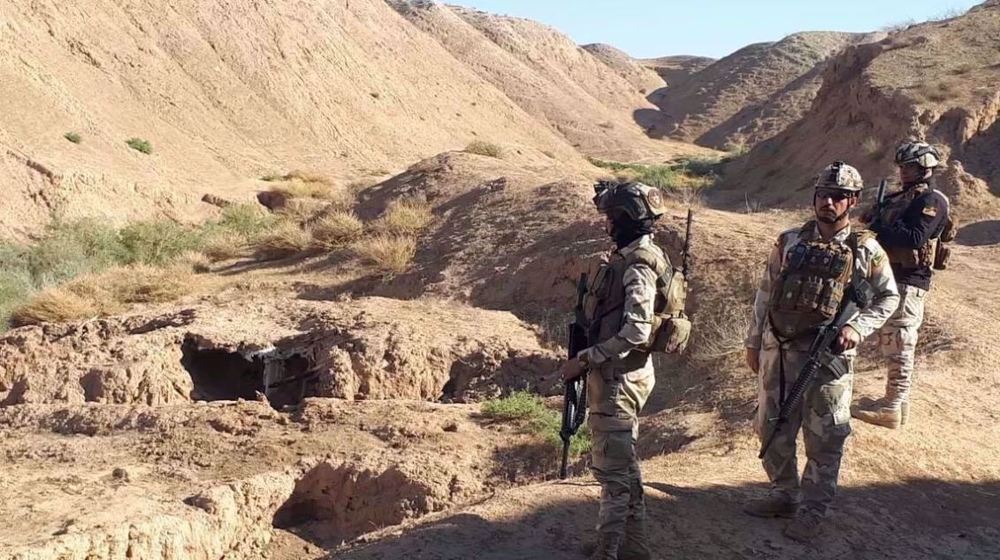
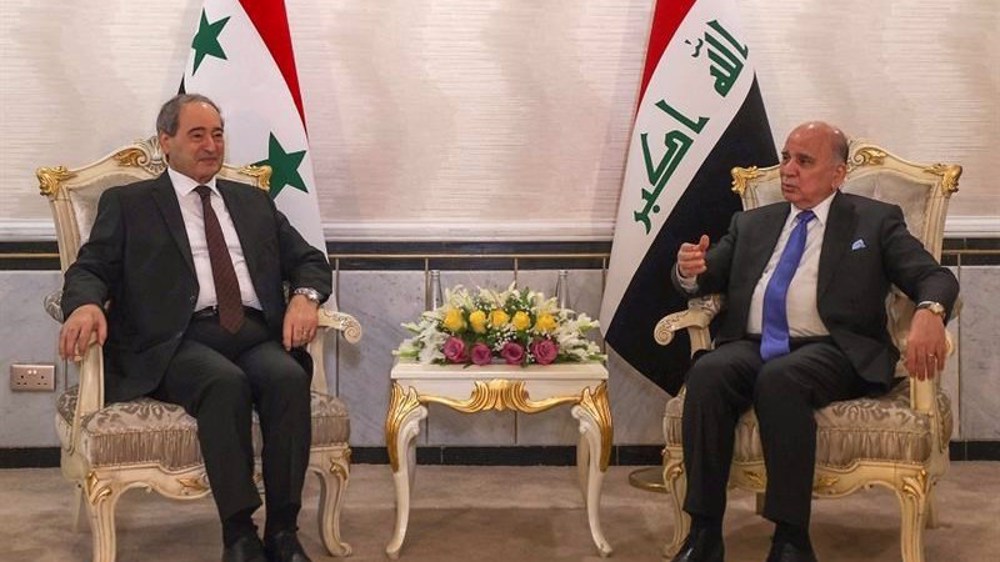
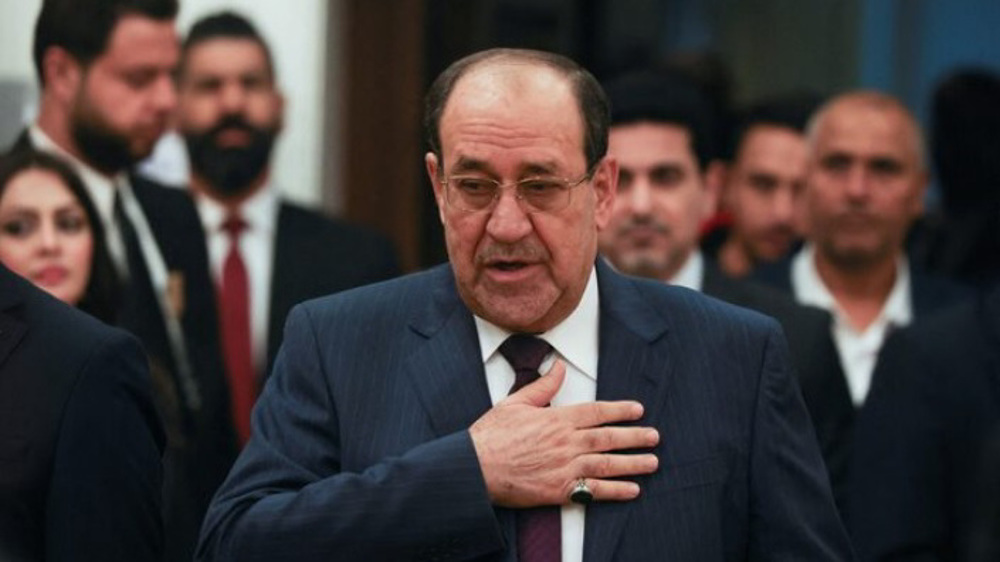
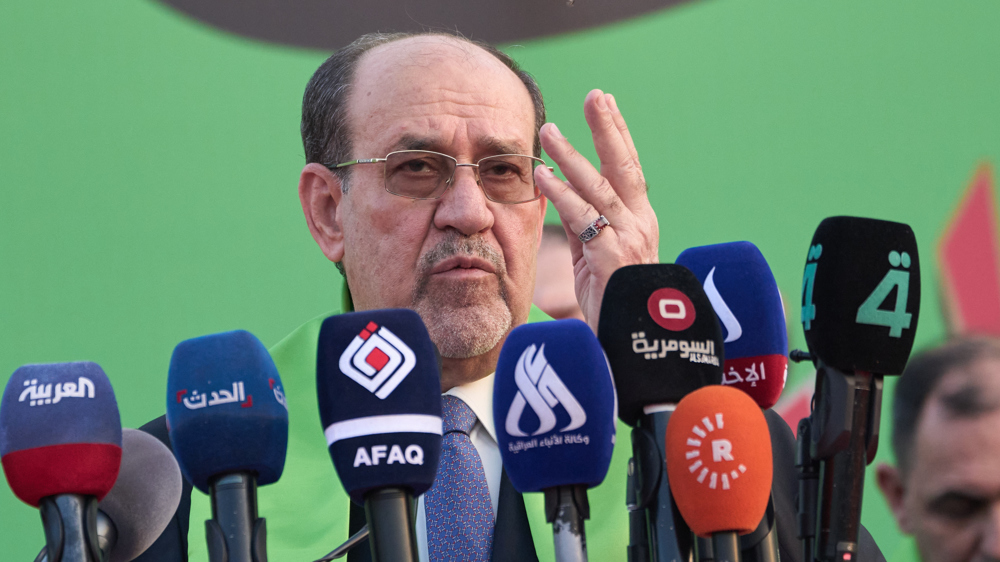
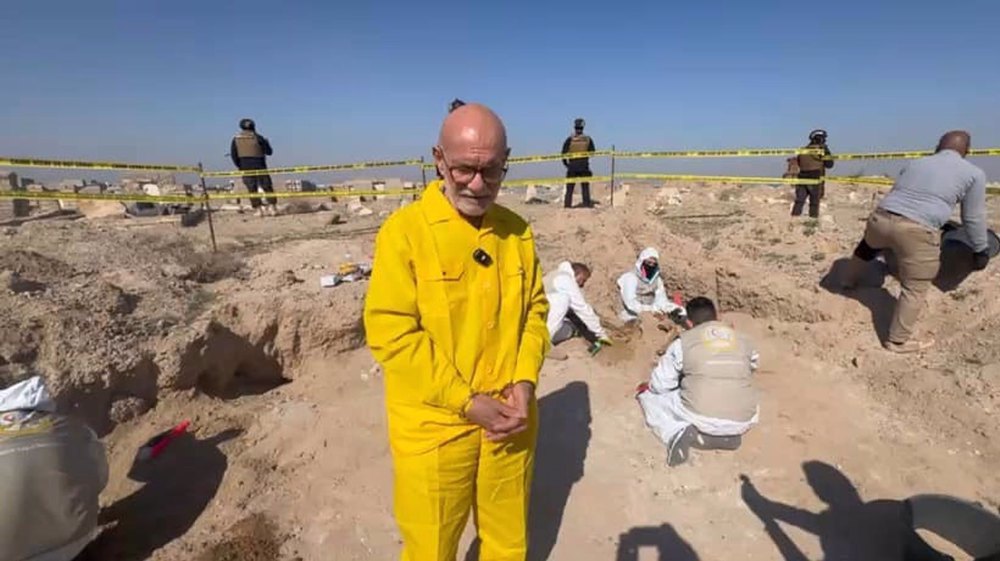



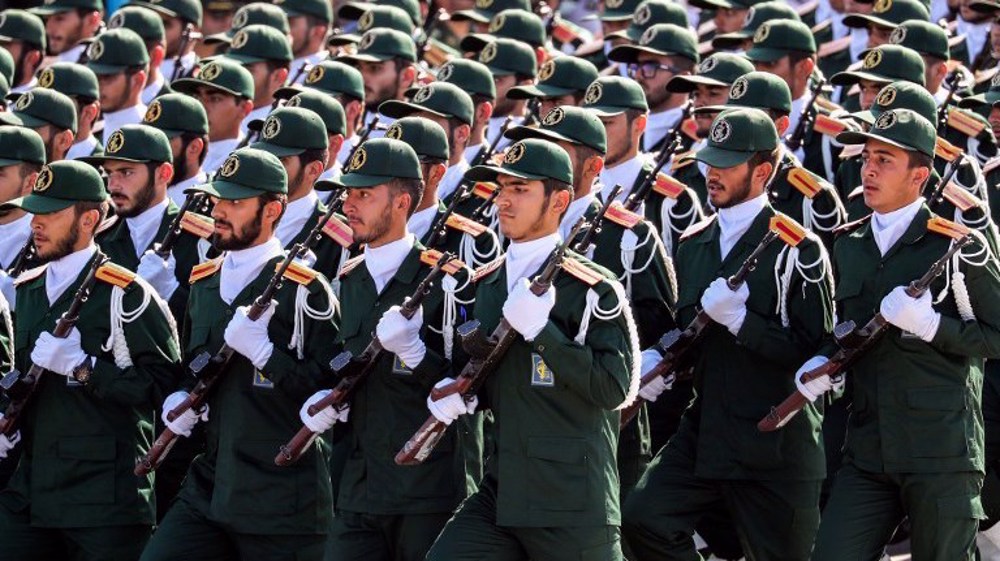

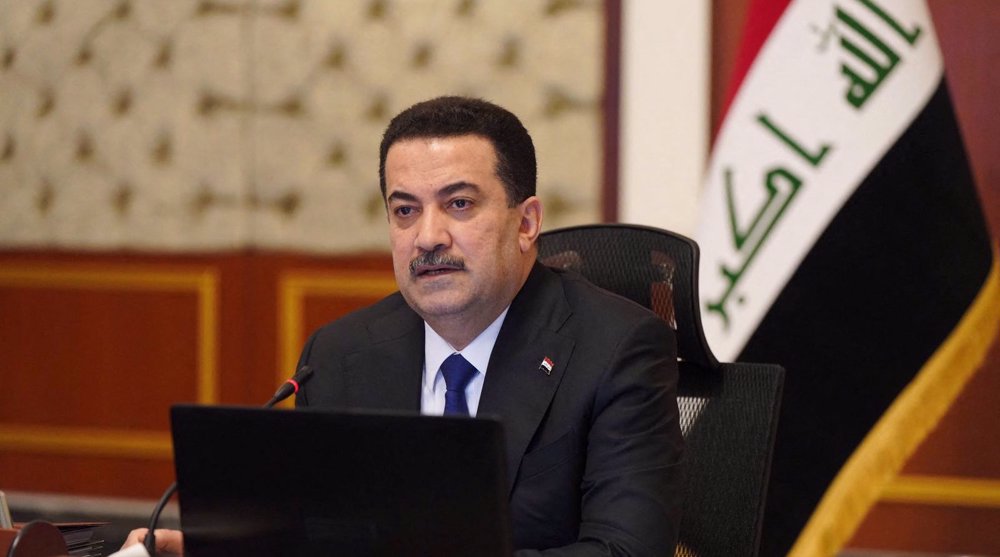
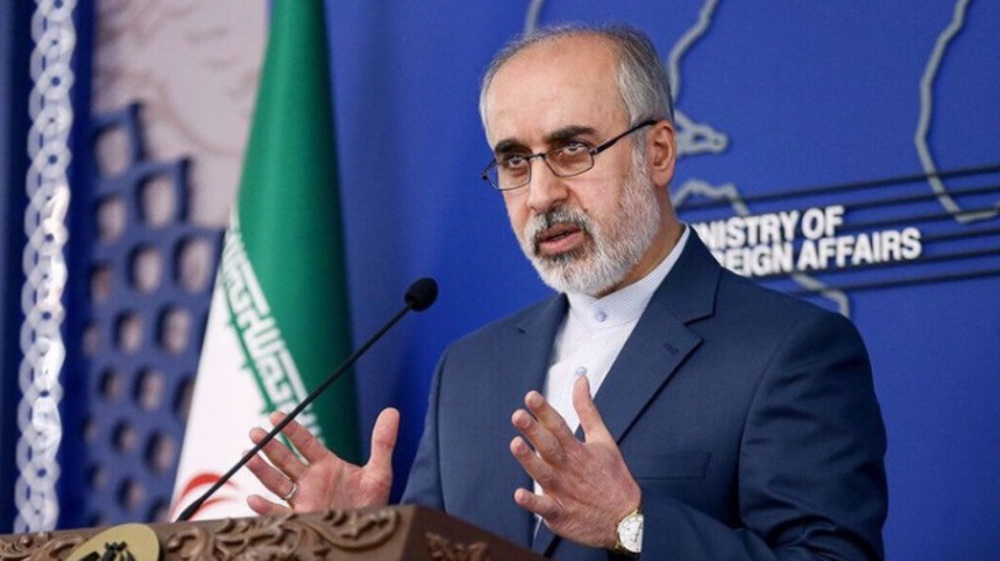

 This makes it easy to access the Press TV website
This makes it easy to access the Press TV website